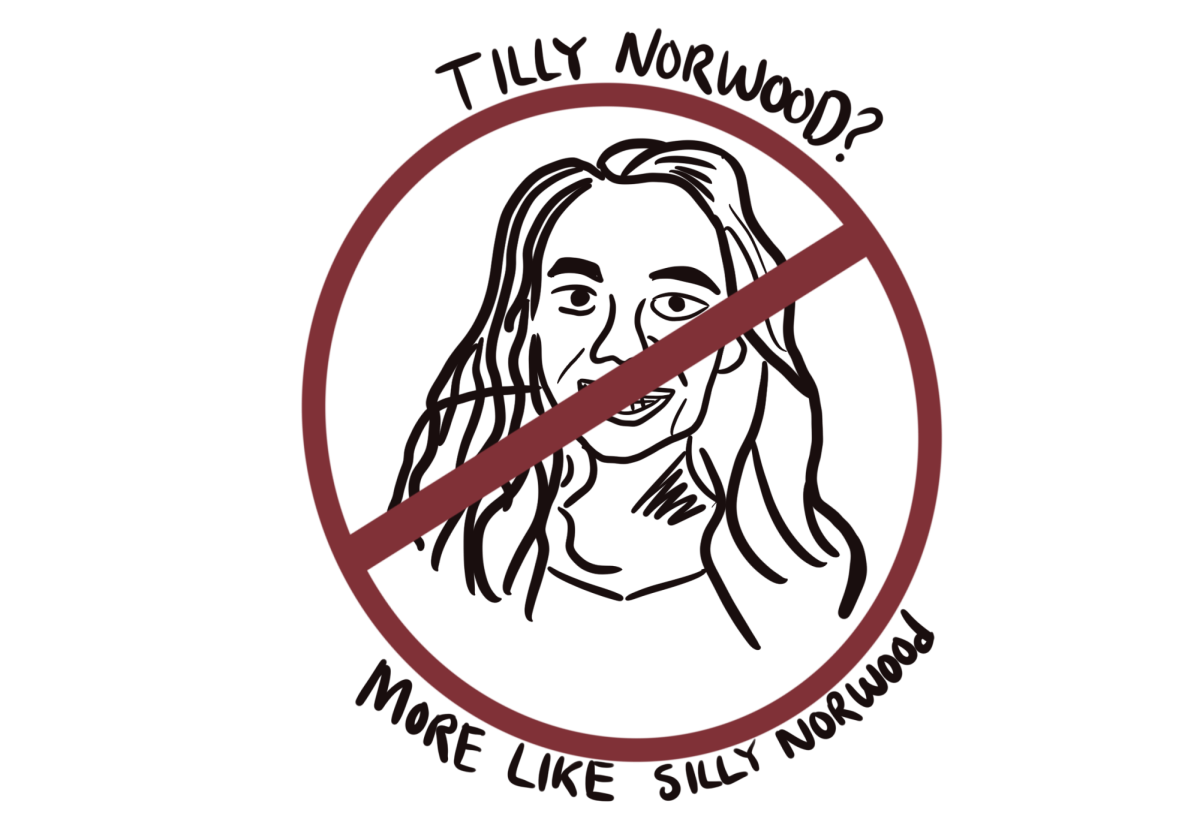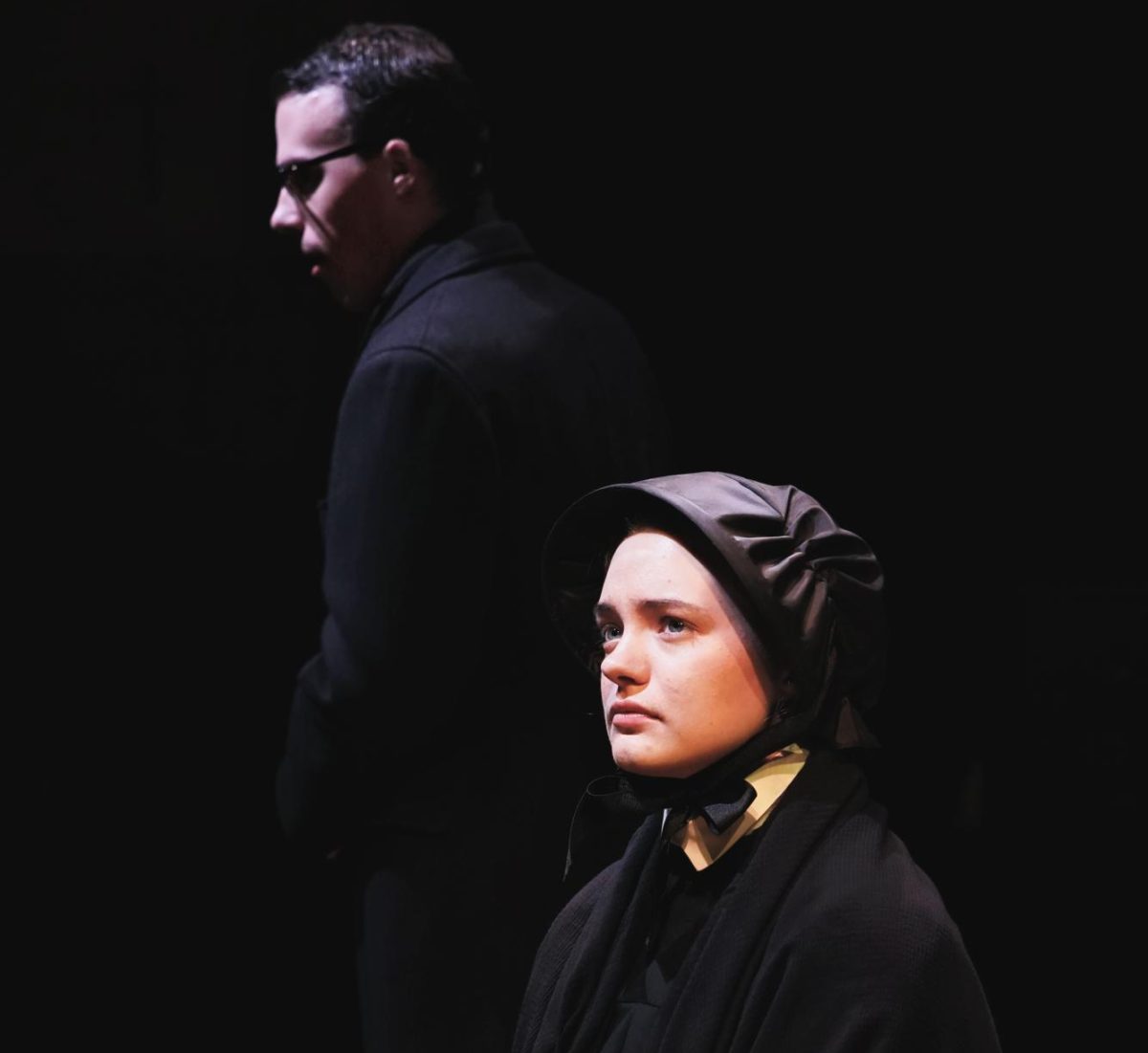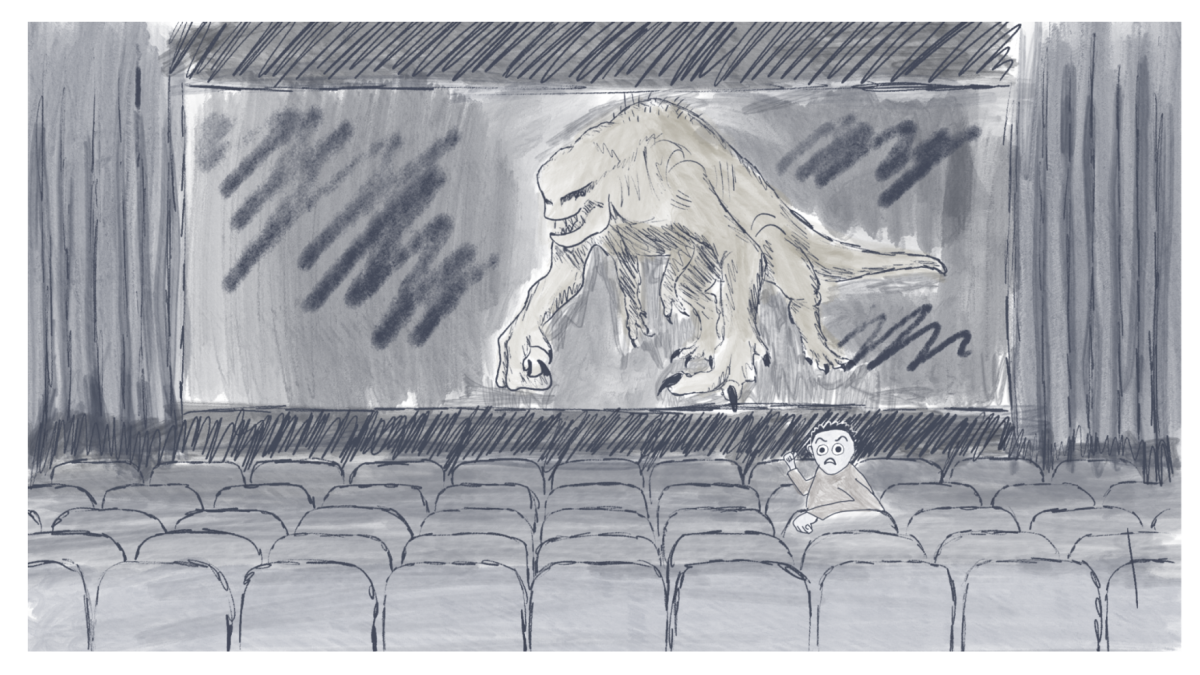In a summer frenzy of impulse purchases, I bought around 30 plays considered part of the classical theatrical repertory. I read plays like Ghosts by Henrik Ibsen, Long Days Journey Into Night by Eugene O’Neill and Mother Courage and Her Children by Bertolt Brecht. All of these plays are dark and tragic.
I found that many of the famous playwrights tend to write tragedies. Though, of course, some such as Moliere and Wilde break this trend with their definitively humorous writing. But this seems to be a comedic exception to the tragic rule.
Why should tragedy be considered the superior genre? I have yet to hear a compelling case arguing that it is somehow morally superior to feel sad rather than happy. Though happiness is still considered frivolous by some, this is a masochistic, antiquated and foolishly stoic idea. Laughter is not only advantageous to personal health, but also a beneficial communal practice that unites people of all backgrounds and identities.
Even if the argument is less moralistic and more concerned with effective conveyance of theme, I still disagree. Heavy subjects should be explored through art, but I question if it is always necessary to treat these subjects with tragic seriousness to convey their depth. For every comedy that fails to convey any sort of theme, there has been a tragedy that did exactly the same. Occasionally, I think there are themes that comedies are actually better equipped to handle. For example, lampooning social issues in comedic ways can be quite effective. When people laugh, they often have to ask themselves what they are laughing at and why. Putting social issues on stage forces people to think about them, even through laughter. Comedy can point out quite easily the ridiculous situations in which any society finds itself.
However, few plays are strictly tragic or comedic. Most combine certain elements from each genre. Many tragedies have no trouble mixing comedic scenes in with an otherwise tragic plot. For example, the first act of Romeo and Juliet reads much like a comedy. Romeo is not a romantic; he’s a child who doesn’t know how to cope with his feelings. His love for Juliet follows merely from their proximity, not any sort of special connection between them, and his friends mock him ceaselessly for forgetting them and deifying his crushes. However, when Mercutio dies, the mood of the play takes a dramatic turn, ending in the infamous tomb scene. The light, comedic mood serves to contrast the bleak ending.
And to a certain extent, comedies also use tragic elements. For the majority of comedies, audiences do not laugh throughout the shows. There do need to be some tragic moments that contrast with the bits and jokes. For example, in The Taming of The Shrew, Shakespeare includes Katherine’s strange, moralistic monologue at the very end. It isn’t comedic, but it belongs in the play just as much as any other scene.
Theater must mix and accept both comedy and tragedy and let stories be what they are: reflections of humanity. Comedy, while traditionally underappreciated, has just as much power as tragedy does. Comedy is not frivolity. Tragedy is not superior.





